Project Name: "Soul on canvas"
Agreement No: 2023-3-CY02-KA152-YOU-000174378
Duration: From 01/03/2024 – 28/02/2025 (12 months)
Activity: Youth Exchange at Hylatio Tourist Village, www.hylatio.com.cy, Cyprus for 48 youngsters and 12 leaders (8 youngsters and 2 leaders from each organization, 6 organisations) and 2 facilitators in activities with Non Formal Educational for Inclusion. To promote a culture of peace and healthy living among young people through cross-cultural exchange and experiential learning.
Total number of participants: 48 (18 with fewer opportunities)
Age for participants: 16 – 22 years old (no age limit for leaders just 18+)
Activity dates: 24 of October till 1st of November 2024, 9 days (including travelling dates)
Aplicant Organisation: Active Cypriot Programs and European Learning Into Acceptance, ACPELIA,email: acpeliacy@gmail.com
Coordinators: Nikolas Nikolaou (nicckolas44@gmail.com)
Facilitators: Elena Tasheva, Elena Ridova, Boghos Avetikian
Project topic: Physical And Mental Health, Well-Being; Inclusion and diversity; Social barriers
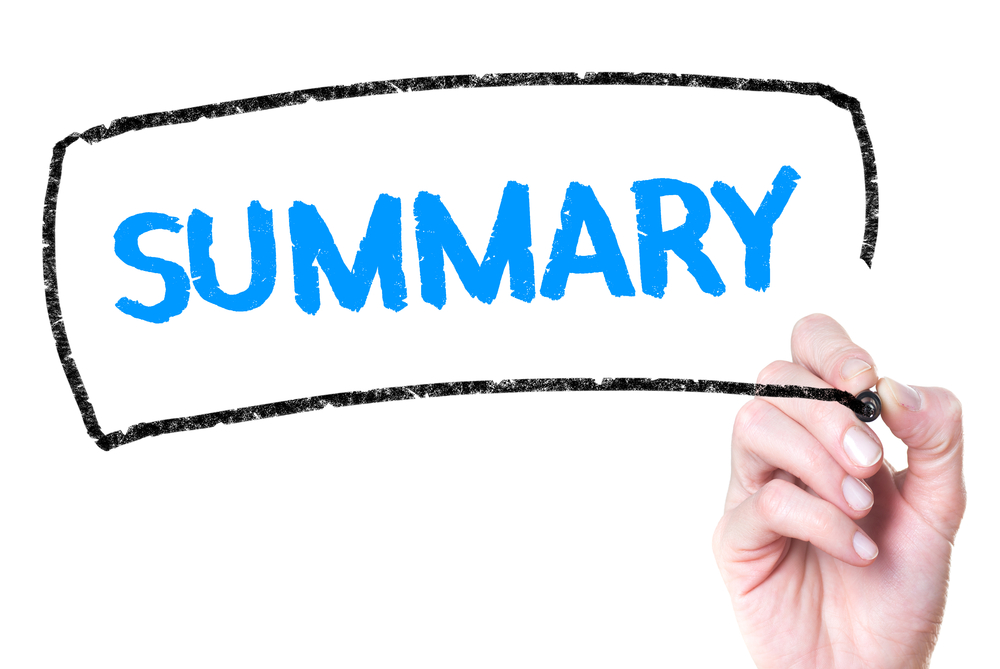
Short description
The constant rush of today's fast-paced world often leads individuals to overlook the significance of nurturing their mental well-being. The demands of modern life, with its ceaseless deadlines, perpetual connectivity, and ever-expanding to-do lists, can create an environment where self-care takes a back seat. The pursuit of success, while admirable, often comes at the cost of neglecting mental health.
Additionally, there exists a societal pressure to keep up and excel in all aspects, be it career, relationships, or personal endeavors. As a result, individuals often find themselves entangled in a cycle of motion, where the importance of introspection and self-reflection is forgotten. The stigma surrounding mental health also contributes to this predicament, discouraging open conversations about emotions and struggles. Moreover, individuals facing social barriers and lacking privileges often bear a burden of mental health challenges, which they find hard to handle and express.
Sadly, the consequences of this negligence are profound. Stress, anxiety, and burnout become unwelcome companions. Just as a car requires fuel to run efficiently, individuals need moments of respite and self-care to navigate life's challenges. By acknowledging that well-being is a holistic concept encompassing both body and mind, we can begin to adjust our priorities and ensure that the challenges that life brings us don't overshadow the importance of mental health.
That is why the purpose of this project is to teach youngsters coming from challenging social backgrounds how to prioritize their mental health by acknowledging its importance. Recognizing that their experiences may have led to emotional struggles is the first step, and this project would help them develop healthy coping mechanisms through engaging workshops, using art therapy creative methods.
Art therapy stands as a powerful and creative approach to enhancing mental health and well-being. It offers a unique channel for self-expression and introspection, particularly beneficial for individuals who may struggle to articulate their emotions verbally. Engaging in artistic endeavors, whether through painting, drawing, sculpting, or other mediums, provides a safe and non-judgmental space to externalize inner thoughts and feelings. Additionally, as this project will take place near a beach, there are several creative activities and workshops that can be done there, promoting relaxation, mindfulness, and a sense of well-being.
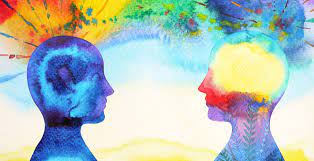
Why art therapy?
In addition to this, in recent years, many studies have shown that art therapy plays a significant role in alleviating depression symptoms and anxiety, which are common among young people.
A literature review on art therapy, published in Cureus [1], reveals that therapists frequently assign patients' freeform art expressions to help with discussions about the images and encourage introspection. Art therapy aids individuals in managing intense emotions, fostering self-awareness and self-worth, and decreasing stress and anxiety. This therapeutic approach encompasses a wide range of creative expressions, such as dance, music, drawing, painting, coloring, sculpting and more.
Additionally, it is also widely used among students, and several studies have shown that it also significantly reduces their depressive symptoms, by adopting a sense of creative expression to their daily lives.
These findings suggest that art therapy can not only be served as a useful therapeutic method to assist individuals to open up and share their feelings, views, and experiences, but also to help in the process of diagnosing medical diseases.
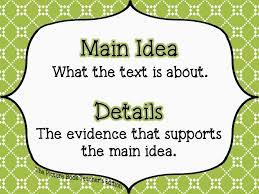
Main Idea of the Project: (AIM)
56 young people from 7 organizations will gather in a YE in Cyprus to explore the topic of art therapy and its importance for mental health and wellbeing, to get familiar with different tools and methods on the topic, while learning from experienced trainers and from each other, testing diverse methods and dive deeper in specific topics, sharing experiences as well as creating final products that will be presented among local communities, creating digital content to be promoted online, so that it can reach more young people and spread the awareness on the topic.
Unfortunately, many young adults struggle with a range of challenges, such as bereavement, family breakdown, anxiety, low mood, low self-esteem, behavioral or social problems, or difficulties relating to abuse, neglect or trauma. Since they are not able to cope properly with their feelings and emotions, this leads to poor mental health and overall worsened well-being. In many cases, mental health disorders such as anxiety and depression are developed. That is why it is important to raise awareness about this issue and break the social taboo about mental health. Therefore, this youth exchange will allow educators and facilitators to get familiar with different tools and methods to work on the topic and bring closer this project to the target group of adolescents and young adults. This project is also tightly linked with the priority of the Erasmus+ program related to Inclusion and Diversity, since its target participants are youngsters facing different social barriers.
Art therapy supports young people with developmental, emotional, and behavioral problems by providing a safe and creative space in which they can begin to explore their worries, concerns and feelings. This way they can make sense of their thoughts and emotions, develop greater self-awareness, cope with stress and boost self-esteem, which results in satisfied individuals with shaped personalities, which leads to a more inclusive and accepting society in general.

The Project specific objectives are:
- Help young people coming from challenging backgrounds, which are facing social barriers, develop practices of nurturing their mental wellbeing.
- Help participants understand the importance of mental health and the benefits of using art therapy for self-exploration and improvement of self-expression
- Boost self-esteem and self-confidence among young participants – by creating art and seeing their creative work appreciated, participants will develop a positive self-image
- Enhanced communication skills, by improving their ability to communicate their thoughts, feelings, and experiences with others
- Introduce the participants with different artistic methods that individuals can use to communicate their feelings, thoughts, and experiences without relying solely on words, especially useful for individuals who find it hard to express their emotions.
- Engage the participants in creative activities which will allow them to explore their imagination, experiment with different materials and techniques, and tap into their inner creativity. This process can help promote self-discovery and personal growth.
- Introduce the participants with the benefits of art therapy and the healing properties of nature which can offer a holistic approach to well-being, addressing both mental and emotional needs
- Promote teamwork, since all the activities can be conducted in group settings, encouraging participants to share their artwork and experiences. This group dynamic can promote a sense of community, empathy, and understanding.
- Promoting tolerance and diversity through sharing and accepting values of different cultures between participants
- Sharing the European values and promoting the Erasmus+ program
- Creating a digital handbook that can be further useful to partner organizations in their daily work with young people
- Actively breaking the social taboo related to mental health and promote its importance, through exhibitions of the results created during the YE in local communities
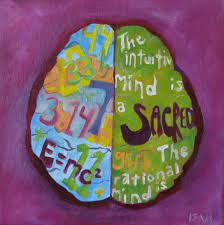
Project activities will involve:
Beach Mandalas and Land Art: Participants will create mandalas and land art designs using natural materials found on the beach, such as shells, pebbles, and seaweed. This activity encourages mindfulness and emphasizes the impermanence of art.
Seashell Jewelry Making: Creation of jewelry using seashells, beads, and other beach-inspired materials. Participants can design necklaces, bracelets, which can be part of the project's results exhibition.
Nature Printing: Introduce participants to the art of nature printing by using leaves, flowers, and seaweed to make prints on paper or fabric. This workshop combines creativity with the beauty of the natural world.
Sand Sculpture Workshop: Help participants explore the art of sand sculpting by teaching them techniques to create intricate sculptures using only sand and water. This can be a collaborative and fun activity.
Beach Collage and Assemblage: Provide participants with a variety of beach-found objects like driftwood, shells, and sea glass, along with other craft materials, to create unique collages or assemblage art pieces.
Sunrise or Sunset Photography: A photography workshop focused on capturing the beauty of the beach during sunrise or sunset. Teaching participants about lighting, composition, and how to tell a visual story.
Writing poetry and journals
Methods used: based on experimental learning, in combination with practical theory and information. Learning by doing method.
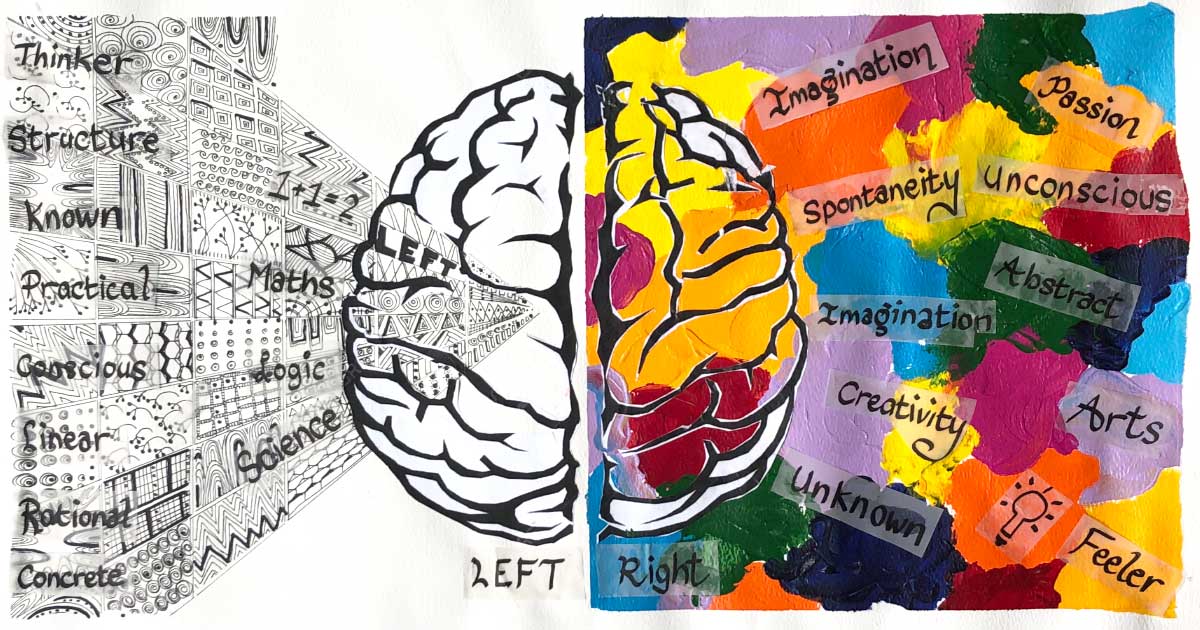
Project results to be created during the YE
- Since the participants will be engaged in different creative processes, we expect to have diverse final products such as: photographs, jewelry, nature prints, mandalas, collages etc. Therefore, an open exhibition to the public will be made with all the creations. We believe that each participant will follow their own creative process and decide what do they find best as their channel for expression. This exhibition can also travel to the hometowns of the participants, so that more young people can visit it and get aware of the topic of the project and the Erasmus+ program as well
- A digital handbook for art therapy methods and activities suggestions
- Local workshops using art therapy method, which will be guided by the participants themselves
- Project Webpage
Dissemination activities:
- 1 follow up activity = workshop with local young people in the local community using a specific art therapy method (ex. Painting session)
- 5 social media post per partner on the topic
- Video for each National group about the YE
- Participants' testimonials
Expected impact on participants and organisations
- Improved self-awareness: through the creation of art work, participants will begin to externalize their inner world – representing their thoughts and emotions – which can be hard for them to understand or express verbally. It helps them make sense of difficulties that they cannot easily put into words.
- Improved emotional intelligence and self-awareness: By directing their pain, rage, shame and other negative feelings into making art, participants will learn how to self-regulate emotions and manage behaviors

- Improved emotional balance: Engaging in art-making activities can have a calming effect, helping to reduce anxiety and stress. By getting fully absorbed in the creative process, participants will learn how to relax.
- Enhanced communication skills: Through art, participants can use symbols, colors, shapes, and imagery to represent their thoughts and emotions. This symbolic language can help them communicate abstract or nuanced concepts that might be challenging to articulate verbally.
- Enhanced creativity: art therapy workshop session will allow participants to experiment with different art materials, techniques, and styles. This freedom to explore and play with various artistic elements can stimulate creative thinking and innovation.
- New informal learning methods: by following the workshops participants will be able to get familiar with different methods of art therapy and later on, they will practice these method on their own when organizing the local workshops in the cities
- Increased organizational capacity to work on this topic: XX youth workers/leaders with newly gained competences in the field of art therapy, aware of its benefits for mental health and wellbeing, knowledge and proper tools to use while working with adolescents and other young adults in their organizations and communities; promotion of values and lessons learned during YE
- XX multipliers: XX participants who will be part of the training course and will be multipliers of the project.
- Future partnerships: organizations involved into this project will have a chance to develop their partnerships, dive deeper into the topic together with their volunteers, work on new projects and ideas related to improved mental health through the methods of art therapy
- Increased visibility of the Erasmus+ programme: By taking participation in the project, participants will learn more about the Erasmus+ opportunities, get motivated to join other opportunities and spread to word to other young people about the Erasmus+ program by sharing their experiences.
References: [1] https://www.ncbi.nlm.nih.gov/pmc/articles/PMC9472646/

